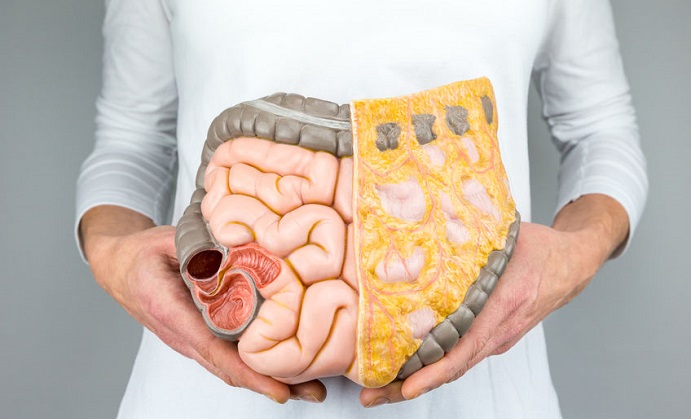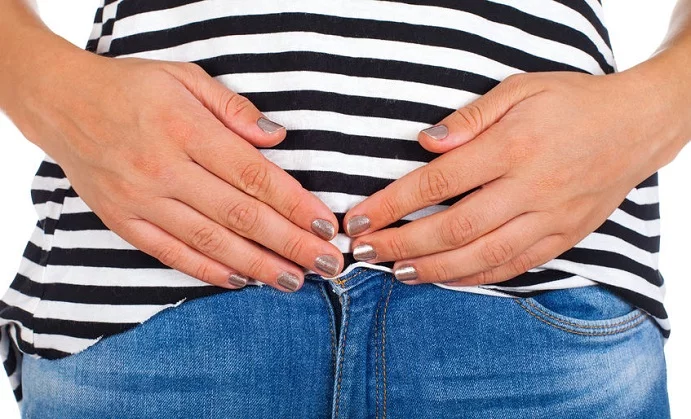Irritable Bowel Syndrome, or IBS, is a syndrome that affects a person’s large intestines. It can cause gas, bloating, abdominal pain, constipation, or diarrhea. Traditionally, doctors have relied on tools like x-rays or listening to a patient’s symptoms to come to a diagnosis of IBS. Even then, every patient is very different, and therefore treatments are not one size fit all. Recently, scientists at the University of Nottingham have so far produced three separate studies, all using MRI technology to help better diagnose patients with IBS.
Study #1 – The Functional Areas of the Colon
The first study published by the University of Nottingham used MRI technology to divide the colon into three separate functional areas. The first area, where food enters the colon, is called the ascending colon. In this area, food is stored while it goes through the fermentation process. Bacteria in this area of the gut helps to break down food that has not been absorbed in higher areas of the gastrointestinal tract.
The second part, or the transcending colon, then stores the broken down food. This is then turned into a residue and is stored here until it is ready to move to the third section.
The third, and last section of the colon is called the descending colon. This is where all of the broken down food waste and residue are pushed down and out of the body.
In addition to separating the colon into three separate areas, this study also looked at the differences of the gut between healthy people and those who have been diagnosed with IBS. The scientists noticed that the people with IBS had issues with their ascending colon. The ascending colon did not relax as much as healthy colons when the person had eaten a meal. This makes it more difficult for the colon of someone with IBS to accept the food for digestion.
Study #2 – Speed of Digestion
In the second study, scientists had volunteers swallow special markers that could be seen on an MRI. Scientists then watched these volunteers over a 24 hour period to check the speed at which the markers passed through their gut. This not only allows doctors to tell if a patient has normal digestion rates, but it is also a safer imaging method for children and pregnant women, who cannot be exposed to the radiation of an x-ray.
Study #3 – How Fructose Affects The Gut
The last study has only been completed with healthy subjects, but will be repeated with people with IBS soon. This study focused on how sugar from fruit, fructose, affects healthy people’s gastrointestinal tracts. There has been research that shows limiting fructose in one’s diet can help manage IBS symptoms. The scientists at the University of Nottingham are hopeful they can figure out why.
Is MRI The Future Of IBS?
In conclusion, these studies are coming up with new ways of diagnosis and treatment for people living with IBS. These scientists are hopeful that with the new discoveries, doctors can better diagnose Irritable Bowel Syndrome and that the guesswork will be taken out from finding the proper treatment for each individual.
Do you want to find an effective IBS treatment? Check out our top rated IBS products












